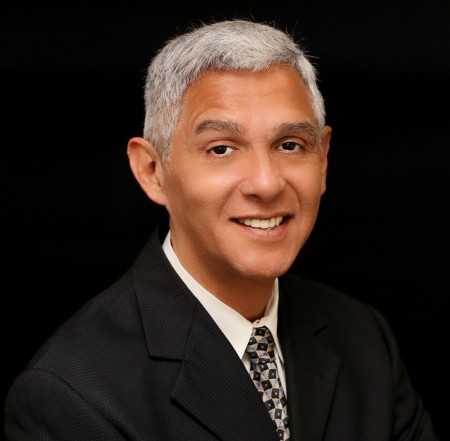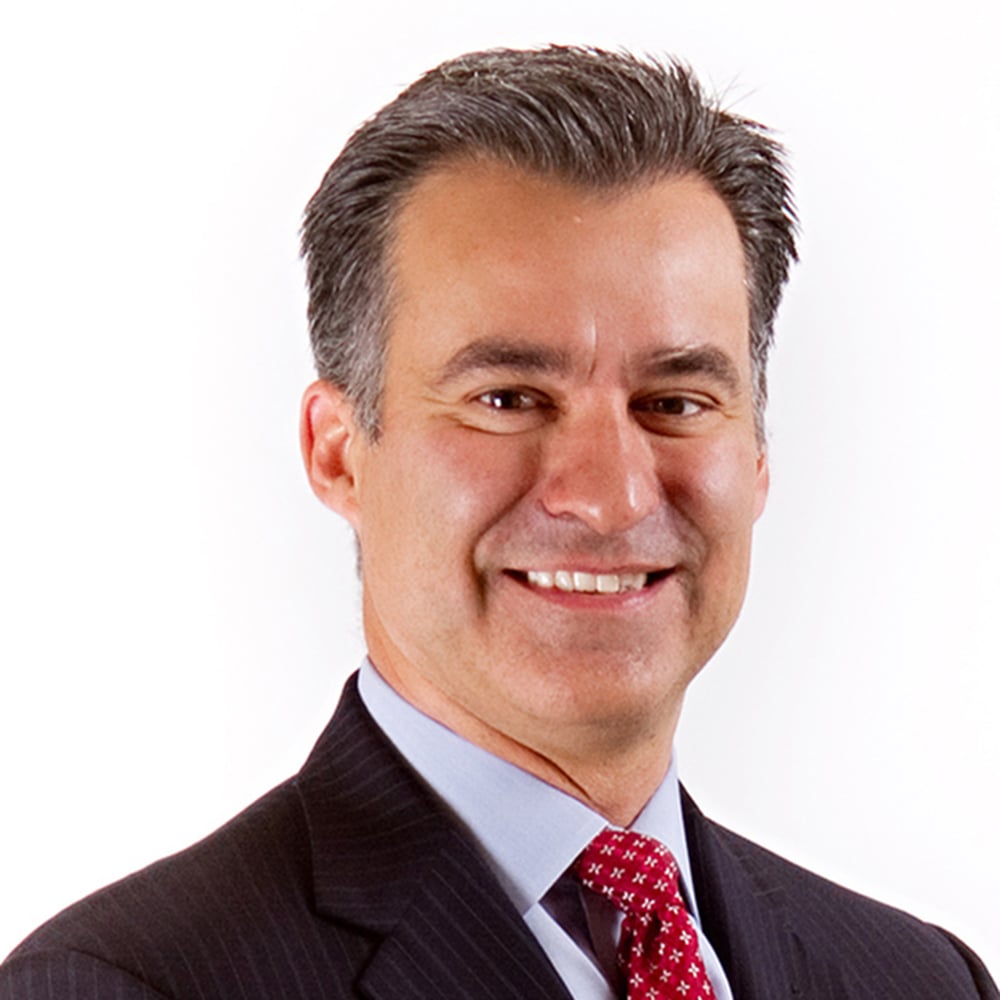This is a surprise.
A Reagan-appointed federal judge on Monday recused himself from a case involving a Houston-based conservative group that promotes election conspiracy theories after the group’s lawyers accused him of failing to be impartial.
Election management software company Konnech filed the suit in September, alleging that the nonprofit group, True the Vote, defamed the company by making false or reckless statements in social media posts and podcast interviews, damaged the company’s business relationships and accessed data from its computers without authorization.
U.S. District Judge Kenneth Hoyt in October held the leaders of True the Vote in contempt of court and ordered them to jail until they complied with a temporary restraining order. The two spent nearly a week in jail before a federal appellate court overturned the order and let them go.
Hoyt was nominated by President Ronald Reagan in 1987 and took the bench the following year.
Michael Wynne, a Houston lawyer who represents True the Vote, directed Hearst Newspapers to a statement by the group on Twitter.
“True the Vote respects Judge Hoyt’s recusal,” the group wrote. “We credit Judge Hoyt for critically examining his ability to be objective in a politically-charged case like this and then acting in accordance with the law. That is a hard thing for a jurist to do.”
Lawyers for True the Vote argued in a motion to recuse that Hoyt had been unduly influenced by the plaintiff’s “disparaging” and “irrelevant” statements, including citing a Texas Monthly characterization of the group’s leaders as “the Bonnie and Clyde of election denial.”
They wrote that Hoyt exhibited a bias against the group that could affect, or at least appear to affect, his decisions.
They also noted that a three-judge panel of the strongly conservative Fifth Circuit Court of Appeals struck down Hoyt’s contempt order and made the unusual statement that Hoyt’s rulings against True the Vote were made “to litigate the case on Konnech’s behalf,” implying the judge favored the plaintiff.
“It is an unavoidable fact that in this case, a case far more politically charged than we see in the great majority of recusal motions found in the case law, a reasonable observer would expect a higher-than-usual standard of judicial evenhandedness and temperance,” True the Vote’s motion read. “Such expectations were challenged once this court inherited plaintiff’s misrepresentations.”
Hoyt did not offer an explanation for granting the motion to recuse. The regional presiding judge will now have to transfer the case to another court or assign another judge to the case.
[…]
True the Vote also claimed Hoyt made comments that displayed his bias. At an Oct. 6 hearing when a lawyer for True the Vote expressed he feared Hoyt thought he was “trying to play a game,” Hoyt responded: “Not you. I’m thinking you may be played.”
“I think I’m a better judge of character than that,” said the group’s former counsel Brock Akers.
“You would have thought that of the president or a lot of lawyers who have been disbarred or who are being now sanctioned,” Hoyt said. “I have no reason to believe those weren’t good lawyers, but they were played.”
Later, Akers said: “I’m confident that I have not been played and that the work that they have done is worthy.”
“The work that who has done?” Hoyt asked.
“The work that my client True the Vote (did) in order to accomplish election integrity overall …” Akers started to say.
“I don’t really have any confidence in any of these folk who claim they are doing that,” Hoyt said. “We did pretty good until about three or four years ago, five or six years ago. The only people that I know of who have done something wrong are people who have been either caught or who have been charged and mistreated. Do errors get made? Yeah. Do people cheat? Perhaps. But all of this fuss and hustle and bustle about the integrity of a process and the way you fix that process is you tear it apart? That’s not integrity. That’s destruction.”
The archives are here. I dunno, man. I obviously have strong opinions about True the Vote, but their actions speak for themselves. This last exchange here sounds more to me like the judge saying that True the Vote’s words and actions don’t match up. Is it bias if your own actions have earned you a certain level of disrespect? Again, I dunno. The main thing I do know is that this is going to set the timetable for this lawsuit back by months. I can’t imagine the plaintiffs are too happy about that.














